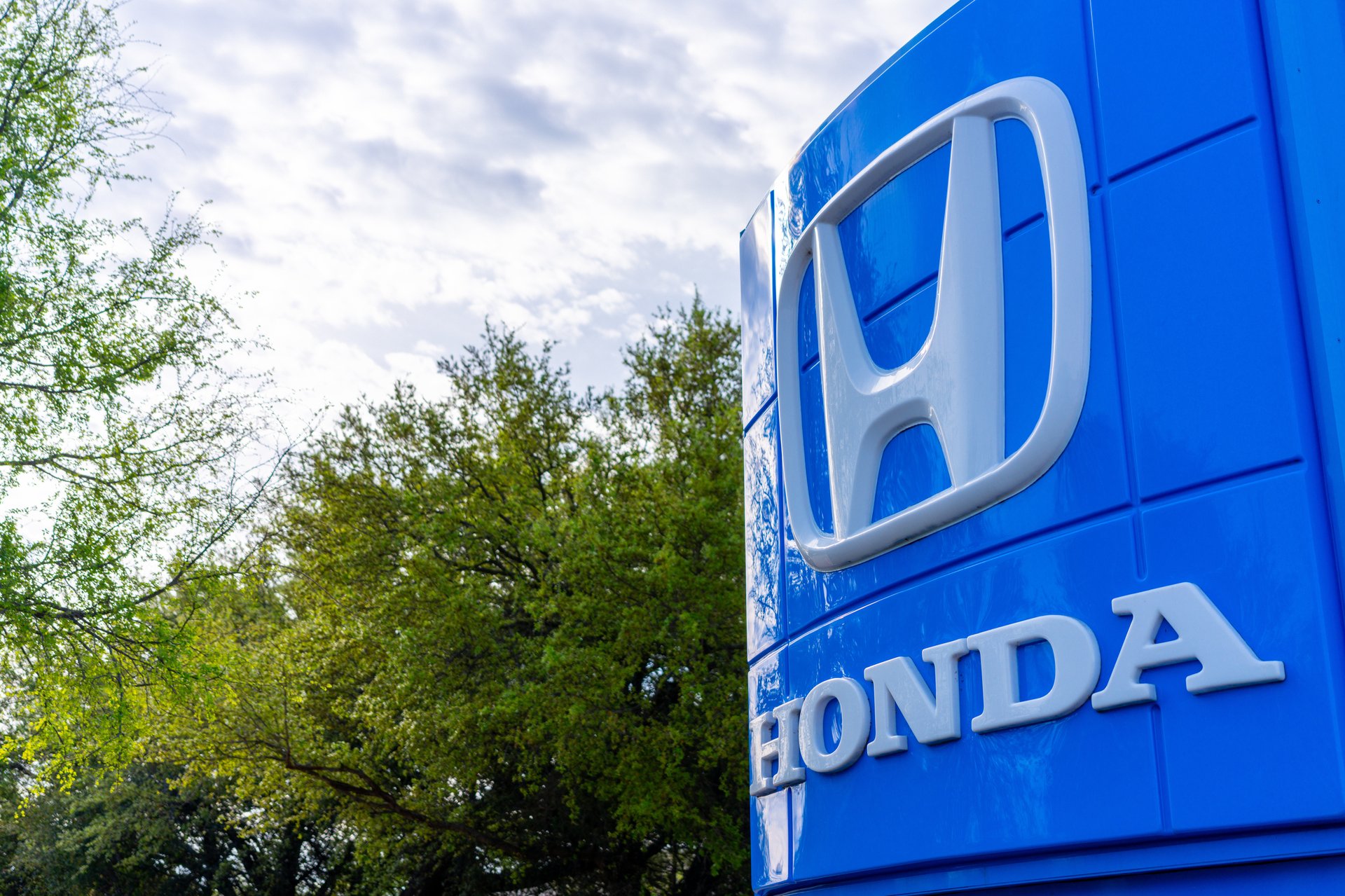Honda and Nissan join forces to research next-generation EVs
A third Japanese automaker, Mitsubishi, is considering joining the initiative as well

Honda Motor and Nissan Motor have officially banded together to research electrifying their automotive fleets. A third leading Japanese automaker, Mitsubishi, has entered into a memorandum of understanding with the other two automakers as they seek an advantage in the competitive electric vehicle market.
Suggested Reading
In March, Nissan — which owns about 34% of Mitsubishi — and Honda began exploring a similar partnership to deal with the increasingly tough Chinese EV market and rivals like Tesla. The partners on Thursday separately said they have agreed to carry out joint research into new technologies and signed another memorandum of understanding to deepen their collaboration. They aim to conduct their research in about a year, the partners said in a statement.
Related Content
Nissan and Honda said Thursday that including Mitsubishi would provide “further synergies” and add new knowledge and strength to the partnership.
“Through collaboration among the three companies, we expect the partnership to evolve into something that creates greater value, and to deliver unique products and services from each company that meet the diverse needs of customers,” Nissan CEO Makoto Uchida said in a statement.
Honda CEO Toshihiro Mibe noted that the auto industry is in a “once in a century” transformation, saying in a statement that the partnership will allow the companies to resolve issues more quickly. Collaboration with other automakers “essential in today’s automotive industry,” Mitsubishi CEO Takao Kato added in a statement.
The partnership between Japan’s second and third-largest automakers comes in response to their difficulty gaining ground in China’s crowded EV market. Japan’s biggest automaker, Toyota Motor, has also struggled, with sales in China falling almost 2% over the first half of 2024.
The companies are focused on developing “core components” related to EVs like batteries, automotive software platforms, and other “complementary” products, that are both high-tech and cheaper than what they currently have. They’re also focused on artificial intelligence and autonomous driving, noting that developing that technology will determine the value of vehicles in the future.
The announcement comes just a day after China’s biggest EV maker, BYD, signed a deal to provide up to 100,000 zero-emission vehicles to ride-hail provider Uber in Europe, Latin America, and several countries. Those firms plan to work together on deploying vehicles capable of self-driving on Uber’s platform, noting that they are “well-positioned to bring autonomous vehicle technology” to a global audience.
Tesla, which is working on a series of AI-related initiatives, is expected to heavily rely on robotaxis and its driver-assistance technology to boost profits in the future. Tesla bull Ark Investment Management has said that a potential fleet of self-driving Teslas used for ride-hail services could provide 90% of Tesla’s revenue by 2029.
